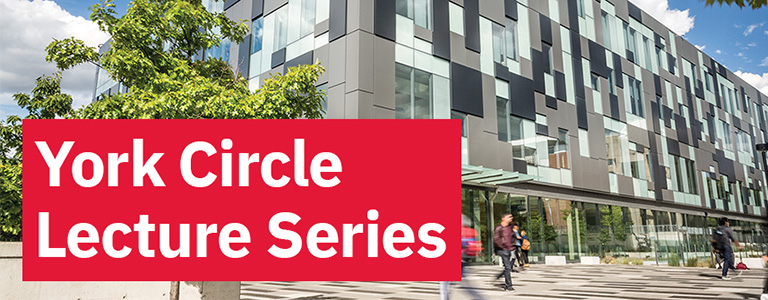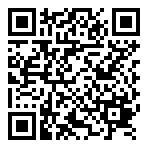
York Circle Lecture Series
Presented in partnership with our York Circle Chair, Jennifer Steeves (BA ’94, MA ’96, PhD ’01), Associate Vice-President Research (AVPR), we are excited to welcome you back to Keele campus for the York Circle Lecture series. Join us on October 14 from 9 a.m. to 1 p.m. in the Life Sciences Building. Hear from York’s leading faculty members on a wide range of interesting topics that speak to some of the key themes that define York University.
The York Circle Lecture series is held four times a year and is open to our community of alumni and friends. Tickets are $5 and include coffee, light snacks and lunch.
Date: Saturday October 14, 2023
Time: 9 a.m. to 1 p.m.
Location: Life Sciences Building, Keele Campus, York University
Agenda:
9 a.m. to 9:45 a.m.: Registration, coffee and light snacks9:45 a.m.: Opening remarks10 a.m. to 11 a.m.: First session11 to 11:20 a.m.: Break11:20 a.m. to 12:20 p.m.: Second session12:30 to 1 p.m.: Complimentary lunch1 p.m.: Event ends
The following speakers will be featured:
First Sessions:
Markus Giesler, Associate Professor, Marketing Specialization, Schulich School of Business
How do we experience generative AI and vice versa?
Professor Giesler will offer a summary of exciting research projects that are currently being conducted by his team on how generative artificial intelligence such as ChatGPT and other solutions aggressively push the boundaries where technology ends and our humanity begins. He’ll share cutting-edge behavioral insights pertaining to consumer AI and discuss their implications for our understanding of consumer data, privacy, social systems such as family, surveillance capitalism, and experience design.
Regina Rini, Assistant Professor, Canada Research Chair, Department of Philsophy, Faculty of Liberal Arts & Professional Studies
Morals from Machines
Should you turn to a computer program for advice when you face a difficult moral decision? That sounds absurd. But artificial intelligence has done a lot of surprising things lately. Perhaps most surprising of all: it seems to be able to implement the ethical theory of John Rawls, one of the most influential philosophers of the 20th century. This talk will cover the basics of how machine learning works, a bit of background on moral philosophy, and also some of what it’s like for computer scientists and philosophers to work together.
Second Sessions:
Arash Habibi Lashkari, Associate Professor and Canada Research Chair in Cybersecurity, School of Information Technology, Faculty of Liberal Arts & Professional Studies
Navigating Cybersecurity: Empowering Public Safety and Awareness through the Understanding Cybersecurity Series (UCS) Research Program
To ensure we’re better protected against online threats, we need to work with companies and use new ways of researching cybersecurity. We want to teach people about cybersecurity in a way that’s easy to understand, so we’ve created a research program called Understanding Cybersecurity Series (UCS). This research will help researchers, professionals, and developers improve their skills and help young and senior people learn about cybersecurity.
Sapna Sharma, Associate Professor, Department of Biology, Faculty of Science
On thin ice: are lakes feeling the heat?
Our planet is experiencing accelerated climate warming, with dramatic consequences not only on lake ecology, but also on the ecosystem services we rely on from our freshwater resources. Lakes are losing ice cover at unprecedented rates. In the past 25 years, lake ice loss is six times faster, with some lakes not freezing every winter. By the end of the century, over 200,000 lakes may no longer regularly freeze and almost 6,000 lakes may permanently lose ice cover with climate warming. With reduced ice cover, lakes may stratify earlier which can lead to elevated water temperatures, primary production, and likelihood of algal blooms, some of which may be toxic. Mitigation of greenhouse gases is essential to preserving this ecological, cultural, and economically important resource.

